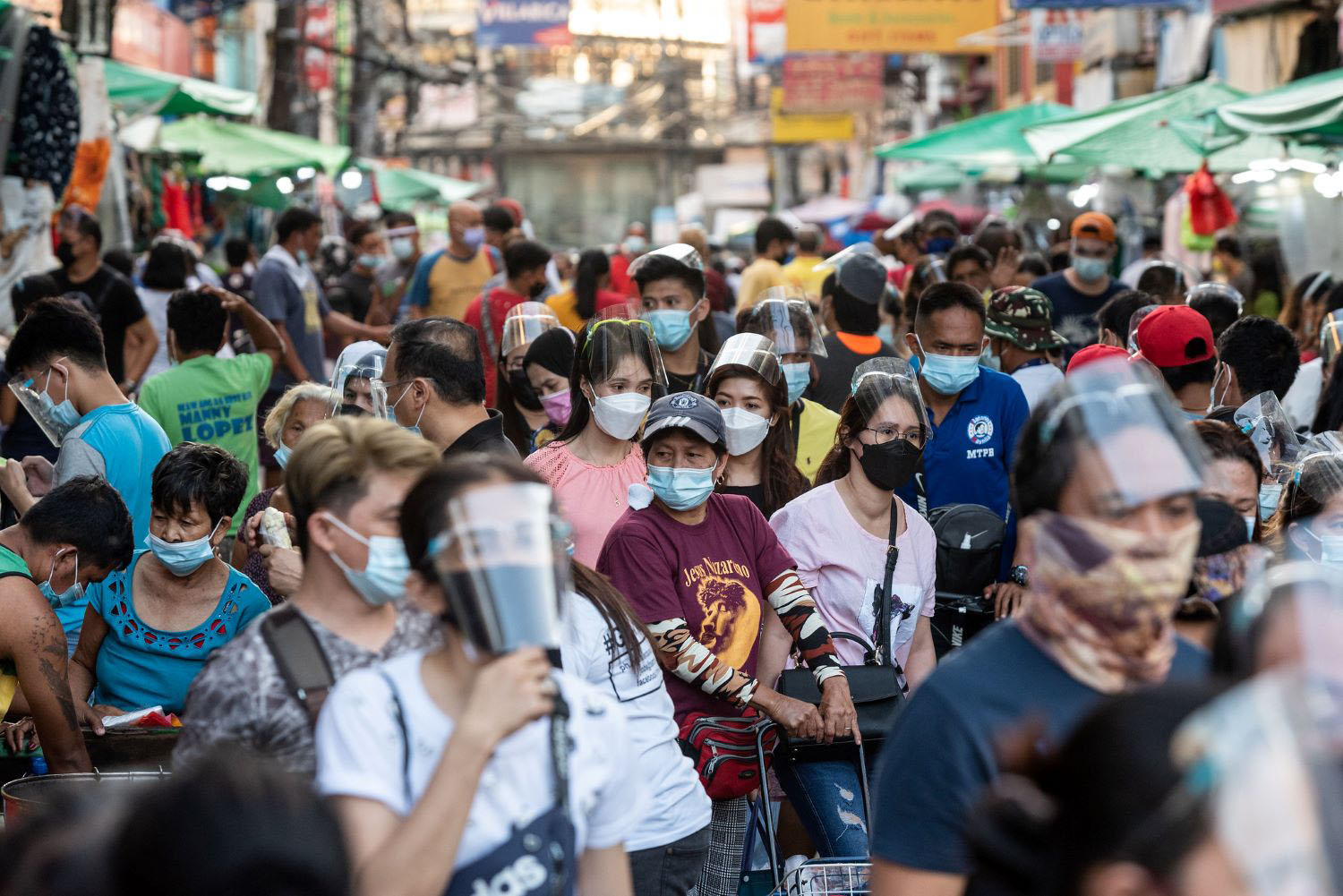Ideas to action: independent research for global prosperity
Research
Innovative, independent, peer-reviewed. Explore the latest economic research and policy proposals from CGD’s global development experts.
WORKING PAPERS
April 11, 2024
POLICY PAPERS
April 15, 2024
CGD NOTES
April 08, 2024
WORKING PAPERS
April 04, 2024
All Research
Filters:
Experts
Facet Toggle
Topics
Facet Toggle
Publication Type
Facet Toggle
Time Frame
Facet Toggle
Research
WORKING PAPERS
April 23, 2015
The South African government is currently discussing various alternative approaches to the further expansion of antiretroviral treatment (ART) in public-sector facilities. Alternatives under consideration include the criteria under which a patient would be eligible for free care, the level of covera...
WORKING PAPERS
January 12, 2011
In this paper, the authors set out to study how increased access to antiretroviral therapy affects sexual behavior in Mozambique. The researchers found that greater access to antiretroviral therapy led Mozambicans to perceive HIV/AIDS as less dangerous and to engage in more risky sexual behavior. Th...
WORKING PAPERS
January 06, 2011
Using panel data from Mozambique collected in 2007 and 2008, the authors explore the impact of the food crisis on the welfare of households living with HIV/AIDS. While HIV households have not suffered more from the crisis than others, infected people who experienced a negative income shock also expe...
WORKING PAPERS
February 13, 2009
Senior fellow Mead Over estimates the effect of AIDS on poverty in South Asia and analyzes public policy options to help the region’s predominantly private health care systems meet the challenge of treating AIDS. He finds that South Asian governments should play a larger role in AIDS treatment th...
WORKING PAPERS
May 05, 2008
U.S. global AIDS spending is helping to prolong the lives of more than a million people, yet this success contains the seeds of a future crisis. Escalating treatment costs coupled with neglected prevention measures mean that AIDS spending is growing so rapidly that it threatens to squeeze out U.S. s...






